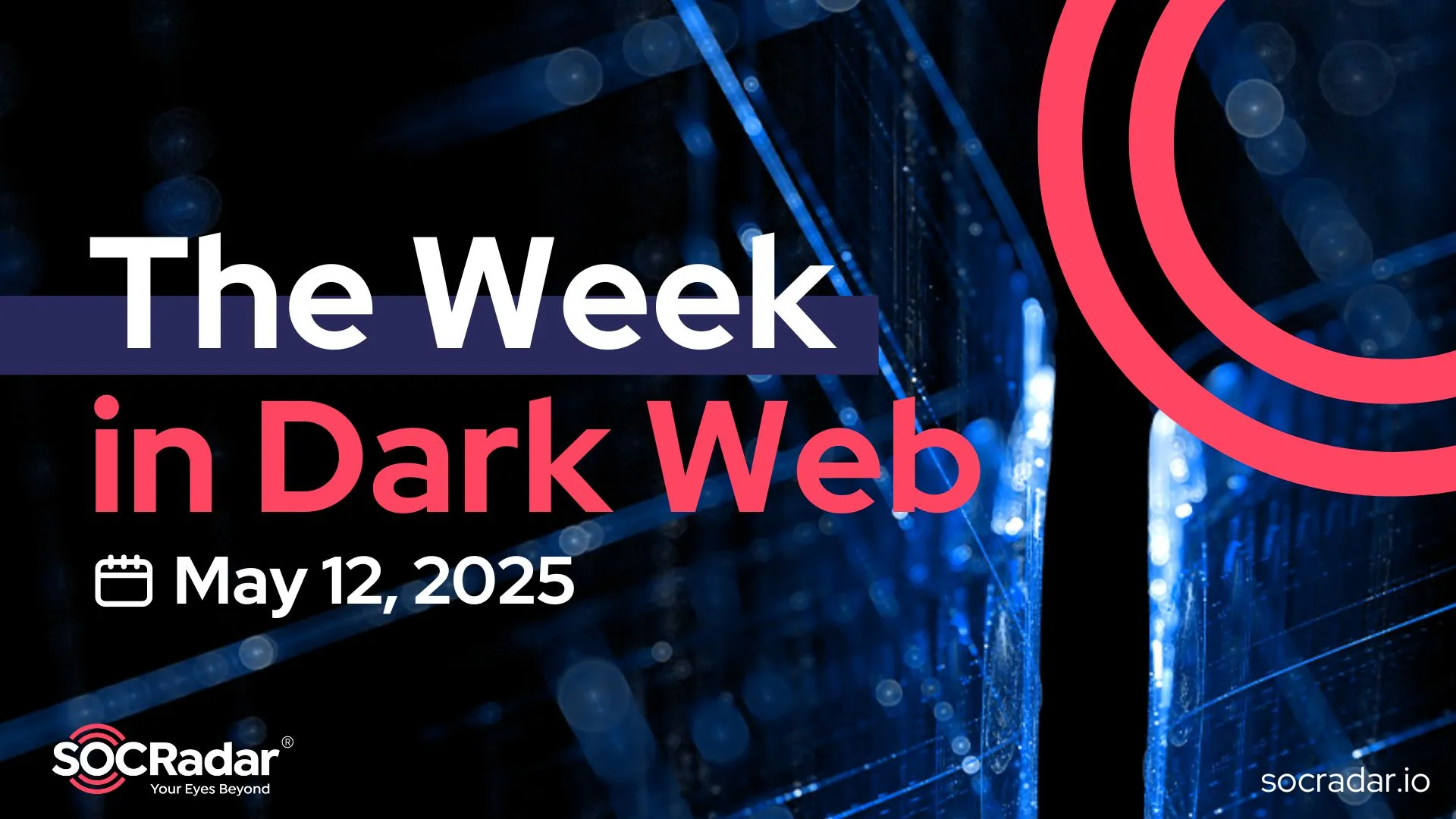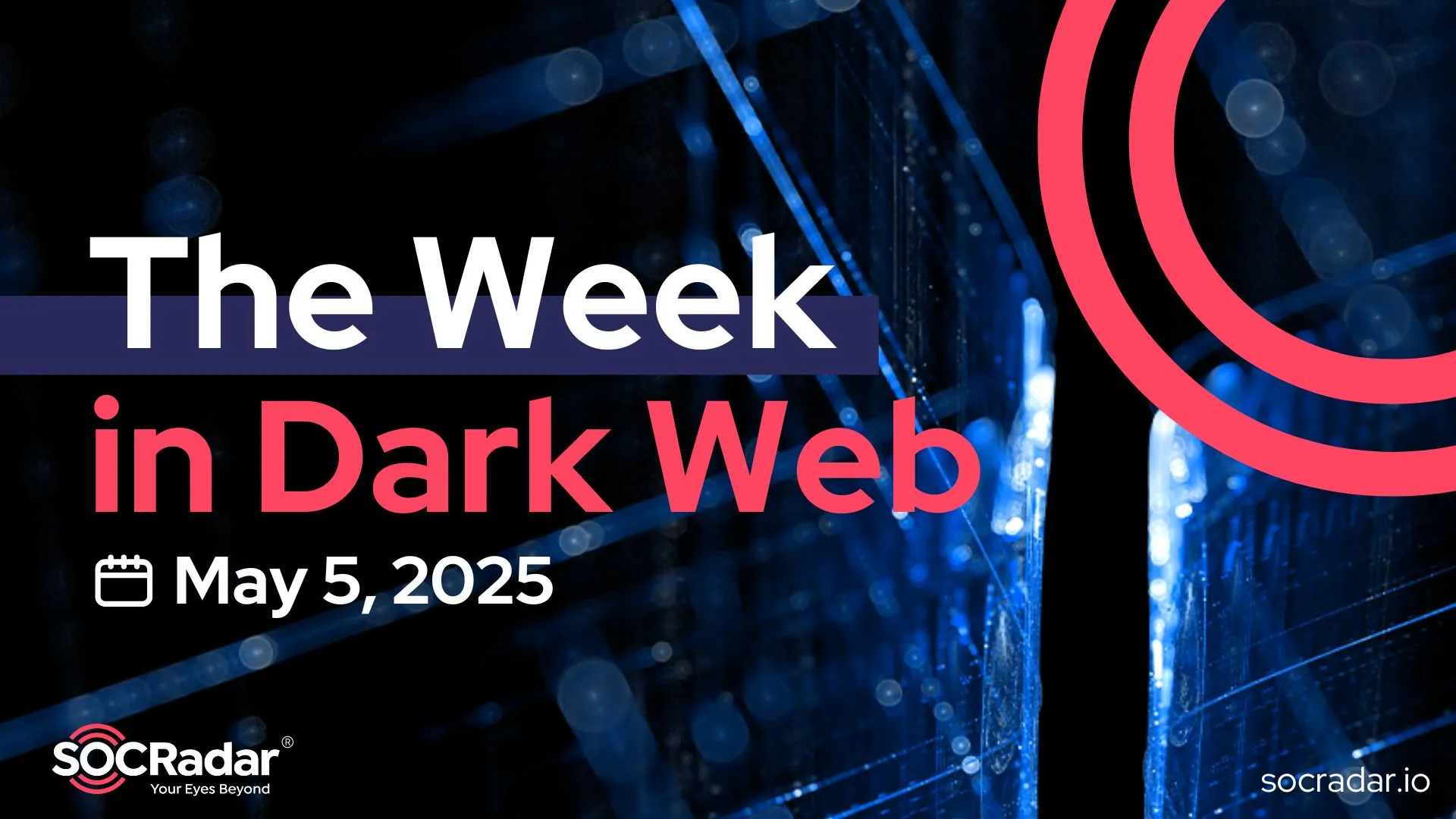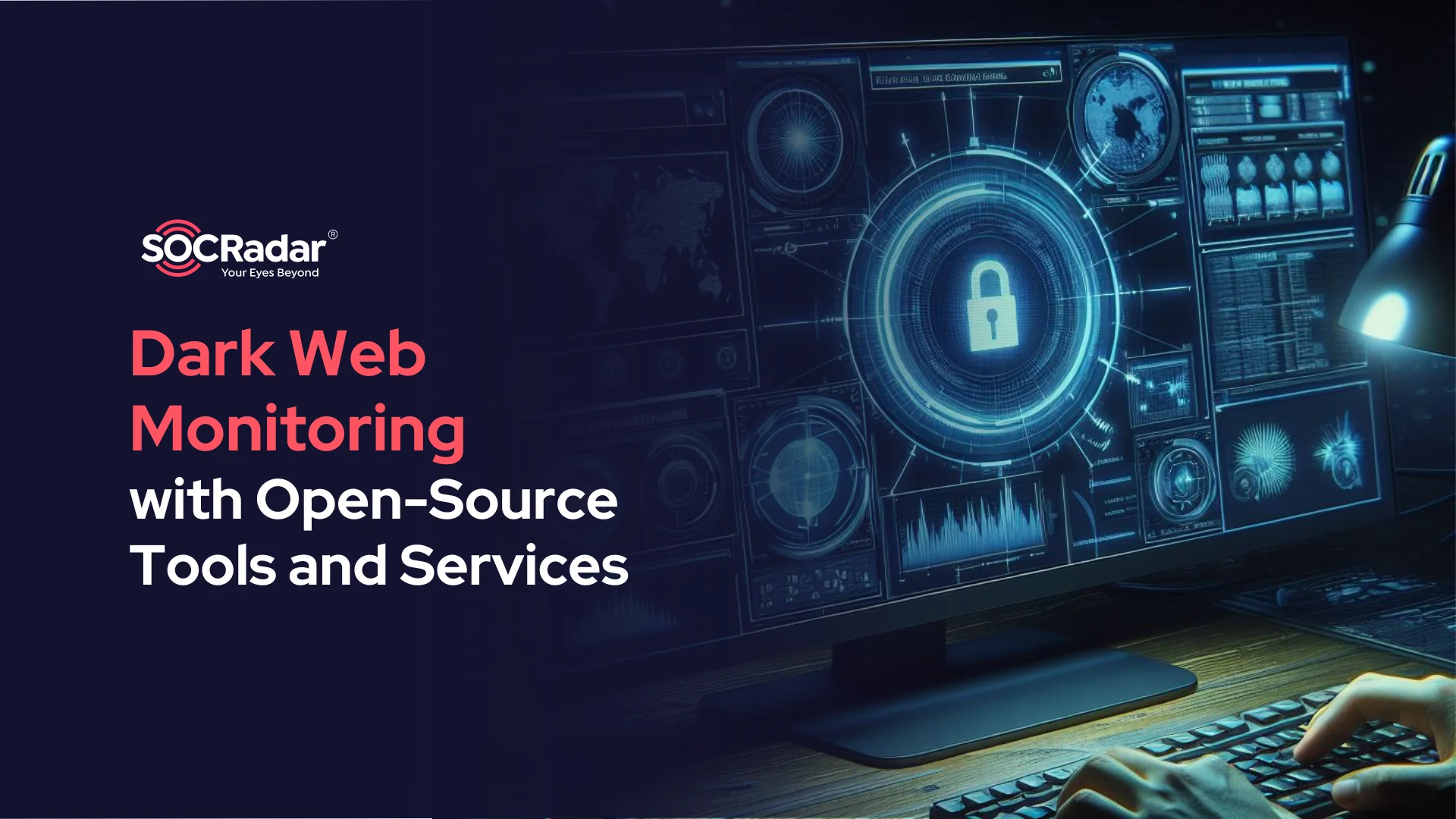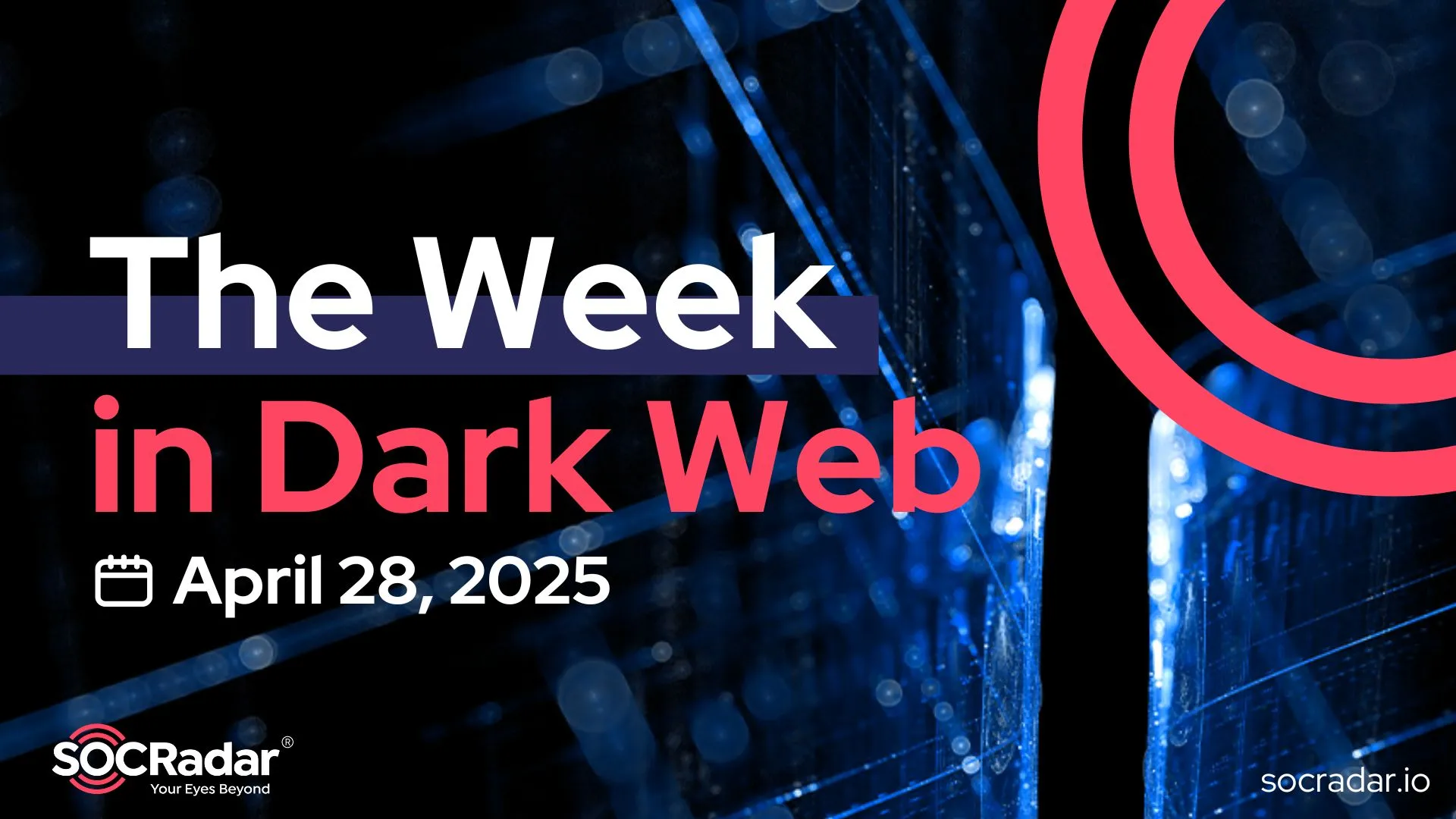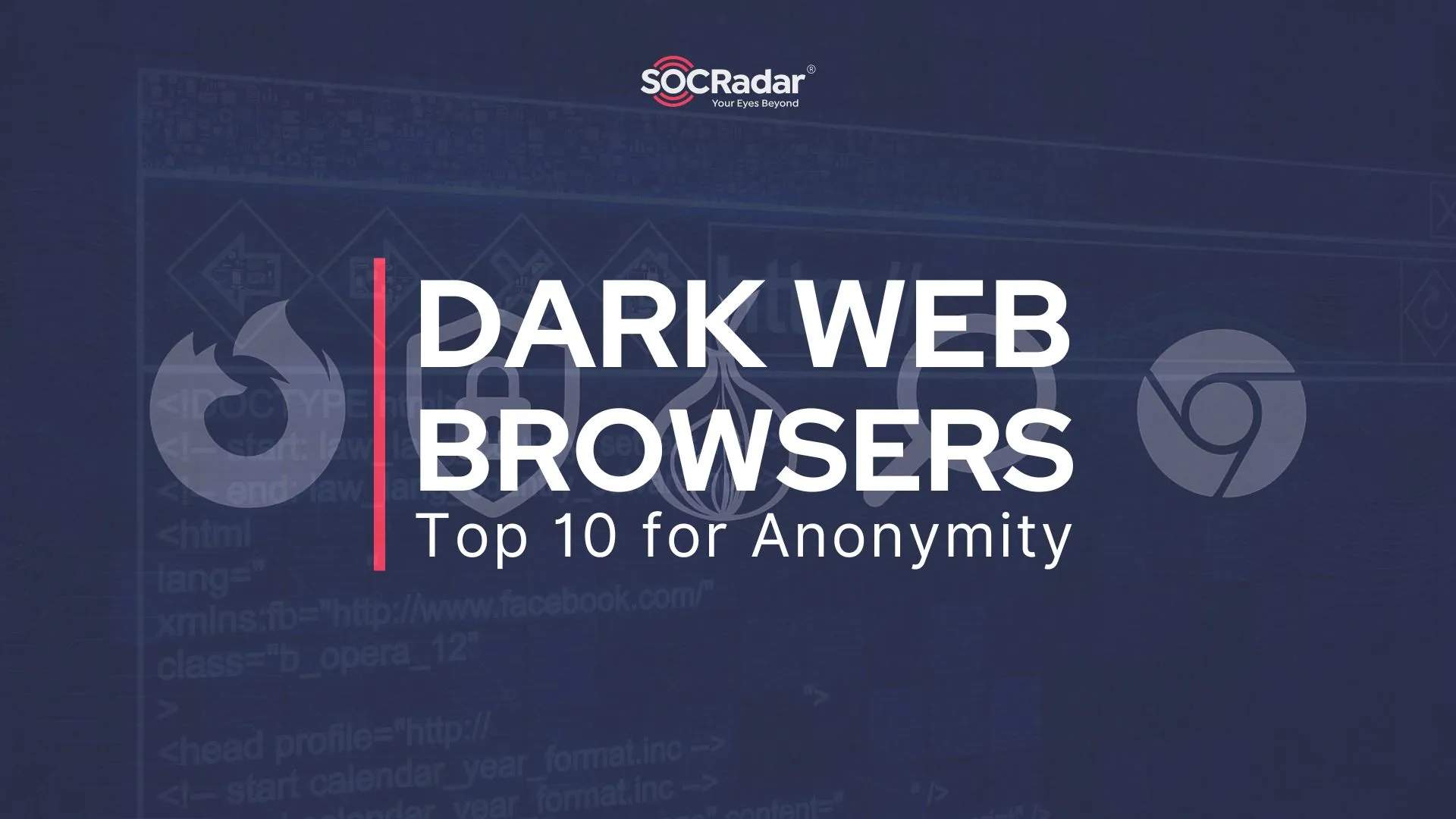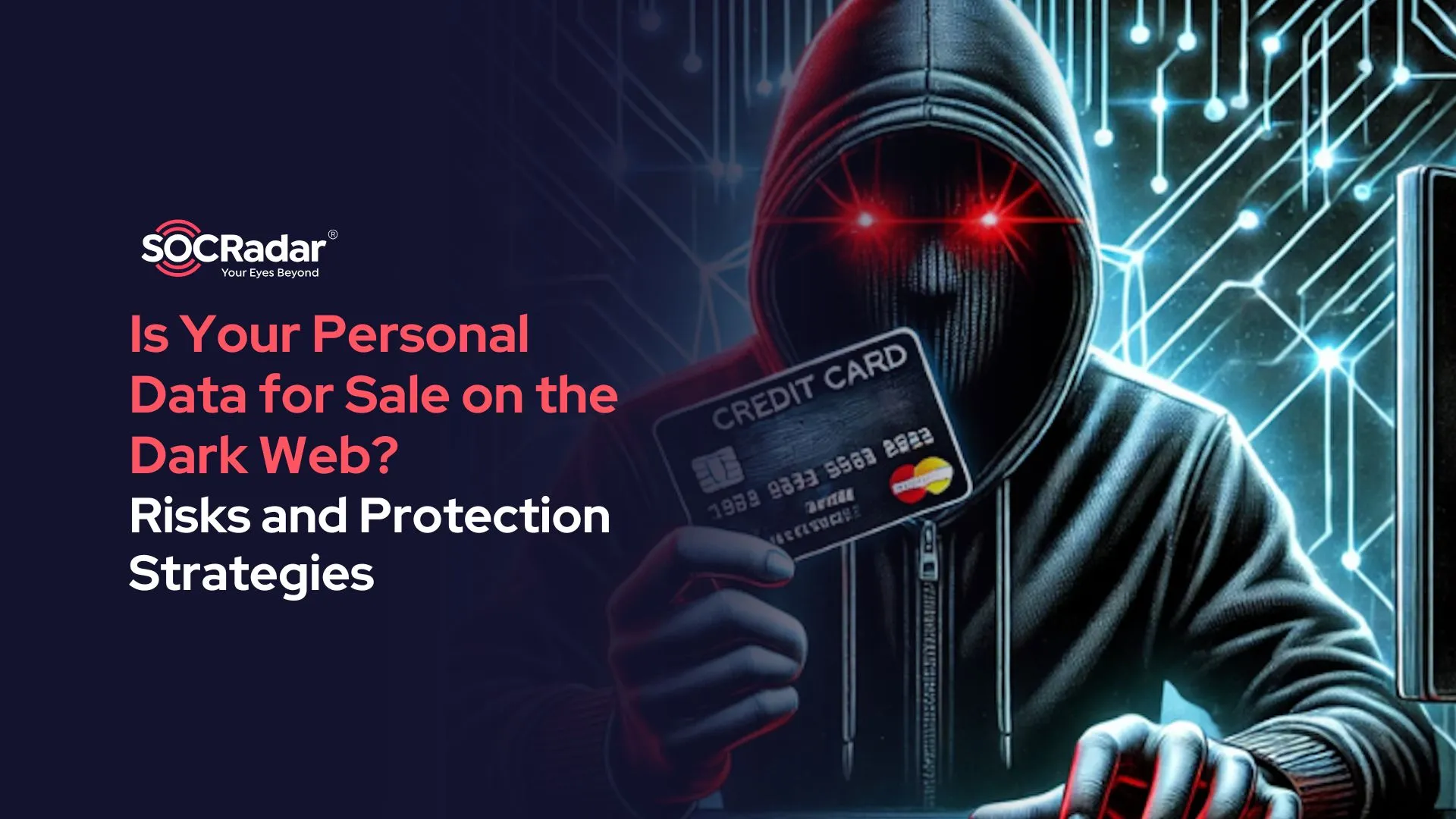
Is Your Personal Data for Sale on the Dark Web? Risks and Protection Strategies
The Dark Web has grown into a bustling market for stolen personal data, where cybercriminals trade sensitive information like a commodity. This hidden part of the internet facilitates a wide range of fraudulent activities, with identity thieves selling everything from credit card details and medical records to Social Security numbers. As a result, individuals face increasing risks of identity theft, financial fraud, and other forms of exploitation.
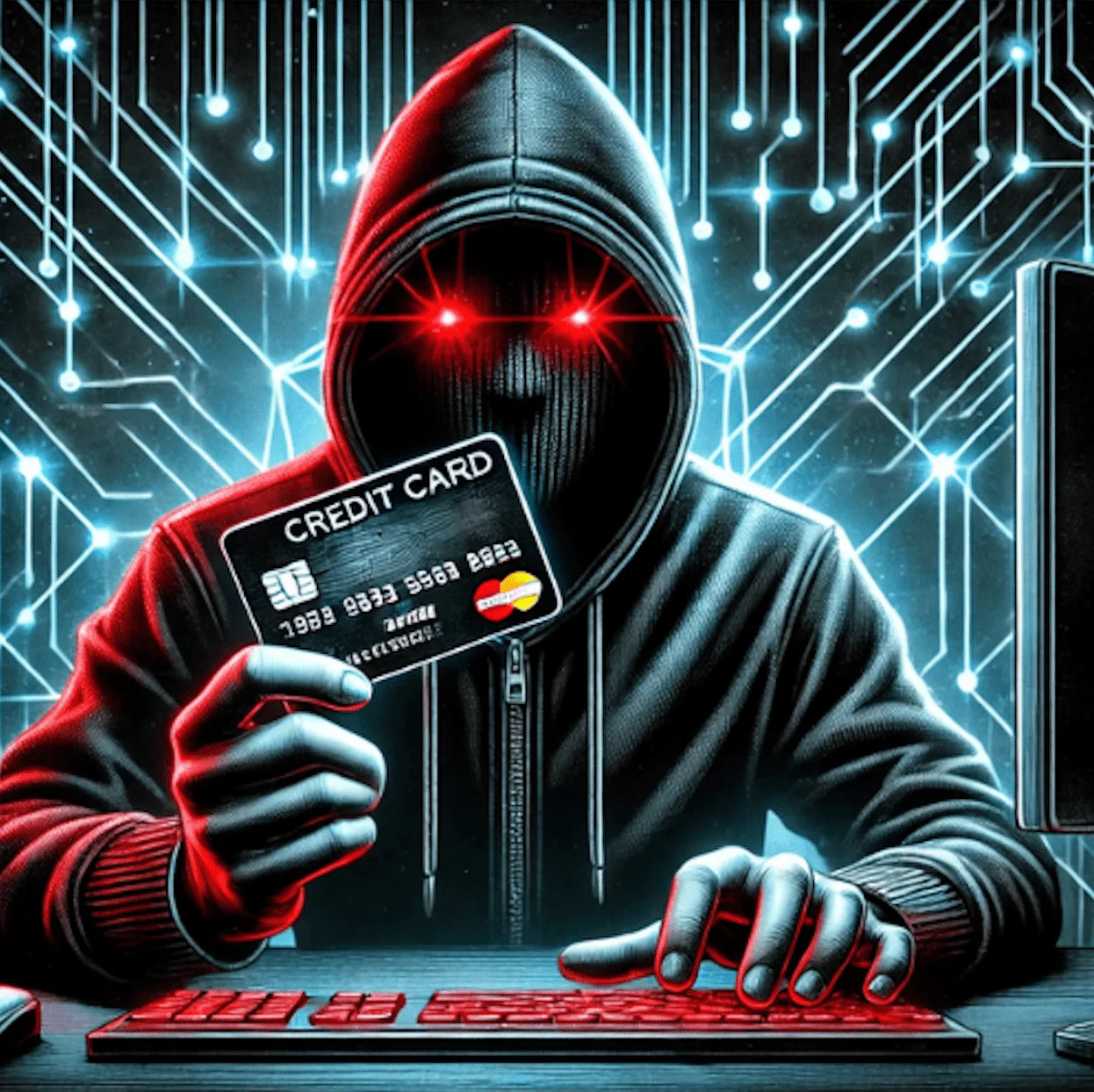
“Stolen data on the Dark Web”, illustrated by DALL-E
In this article, we’ll explore how your personal information makes its way to the Dark Web, the dangers associated with its exposure, and the steps you can take to protect your information.
How Personal Data Ends Up for Sale
Personal information ends up on Dark Web data sale posts through a variety of methods used by cybercriminals to steal and exploit sensitive data. Some of the most common ways personal data makes its way to these illegal markets include:
- Database Breaches: Cybercriminals exploit vulnerabilities in a company’s security systems to gain access to sensitive records. These breaches often result in large amounts of data being stolen at once, which is then sold on Dark Web forums.
- Phishing Attacks: Phishing remains one of the most effective techniques for stealing personal information. Attackers trick users into disclosing their data through fake websites or fraudulent emails that appear legitimate.
- Malware Infections: Malware, such as keyloggers or spyware, is used to collect sensitive information like passwords, browsing history, and even financial data. Once installed on a victim’s device, the malware silently collects this data and sends it to the attacker.
- Insider Threats: Employees or contractors with access to company systems may steal personal information for financial gain. This insider threat is particularly dangerous because it often bypasses traditional security measures.
- Social Engineering: Scammers manipulate unsuspecting individuals into sharing sensitive information through psychological tricks, such as impersonating trusted figures or using urgency to create a sense of panic.
Once stolen, this data is often used for identity theft, fraudulent transactions, or resold for further exploitation.
Risks of Personal Data Exposure
When personal data is exposed on the Dark Web, it opens the door to various risks, many of which can cause lasting damage to both your finances and reputation. Here are some of the most significant dangers:
- Identity Theft: Cybercriminals can use your stolen personal information to open new bank accounts, apply for loans, or even commit other forms of fraud in your name. This can result in significant financial losses and take years to fully resolve.
- Financial Fraud: If bank account details are compromised, unauthorized transactions can be made, draining your funds or leaving you liable for charges you didn’t incur. The financial impact can be immediate and devastating.
- Account Takeovers: With access to your login credentials, attackers can take control of your email, social media, or bank accounts. This allows them to steal additional information, impersonate you to others, and carry out further scams.
- Loss of Trust: The exposure of private information – whether personal conversations or sensitive business data—can erode trust in both personal and professional relationships. This loss of trust can have long-term consequences, especially in your career or social life.
- Medical Identity Theft: Stolen health insurance information can be used to receive medical services, which can lead to inaccuracies in your medical records. This type of identity theft can cause complications if you need medical care in the future.
The impact of personal data exposure on the Dark Web extends well beyond immediate risks. Cybercriminals often hold onto stolen data, using it for multiple purposes over time.
How to Find Out If the Dark Web Has Your Data
If you’re concerned your personal information may have been compromised, you can use SOCRadar’s free Dark Web Report to find out. This trusted tool helps you identify if your data is being sold or circulated on the Dark Web and provides actionable steps to mitigate the potential damage.
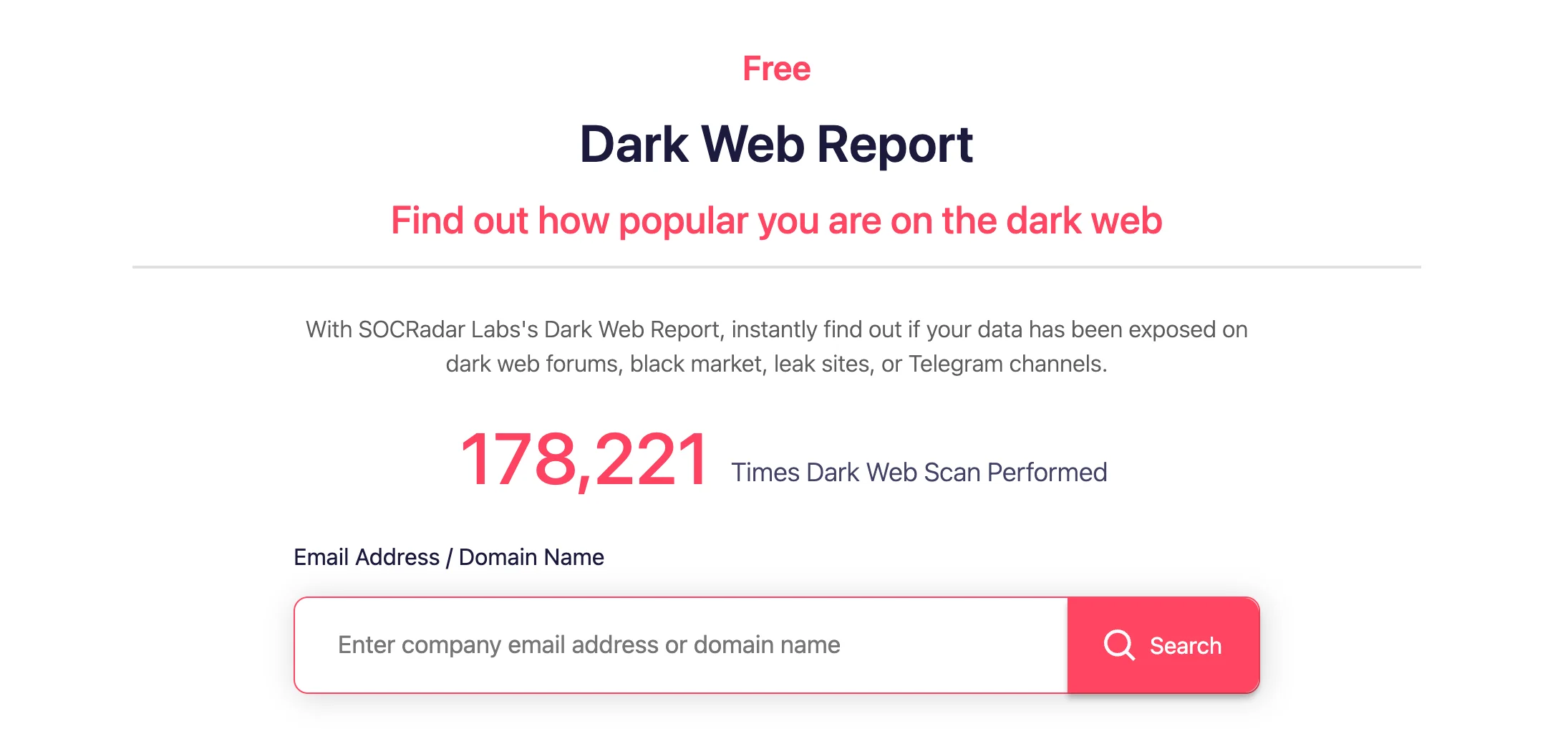
Free Dark Web Report, SOCRadar LABS
Data Types Most Commonly Sold
On the Dark Web, various types of data are sold, with cybercriminals primarily interested in high-value information for identity theft and financial fraud. Commonly sold data (with their average price value) includes:
- Credit Card Details: Typically priced between $75 and $315 each.
- Bank Account Information: Sold for $40 to $200 per account.
- Social Security Numbers: Usually range from $1 to $4 per number.
- Medical Records: Can cost $250 or more per record.
- Online Credentials: Typically sold for $1 to $5 per account.
For more complex fraud schemes, attackers often seek “premium packages” that combine multiple types of data, making them even more valuable for large-scale scams.
Strategies to Protect Your Personal Information
Protecting your personal data requires vigilance and adopting key protection practices. Here are some essential steps to keep your information safe from the Dark Web:
- Two-Factor Authentication: Add an extra layer of security by enabling two-factor authentication (2FA) on all accounts.
- Use Strong Passwords: Generate complex passwords and store them securely using a password manager.
- Keep Software Up to Date: Regularly update your software and hardware to close any security vulnerabilities.
- Use a VPN on Public Wi-Fi: Encrypt your data with a VPN when using public Wi-Fi to protect your information from prying eyes.
- Check for Online Threats: Use tools to monitor your information and identify potential risks while browsing the web.
Monitoring and Responding to Data Leaks
If you discover that your personal information has already been compromised, take the following steps:
- Change Your Passwords: Update the passwords for any affected accounts.
- Alert Financial Institutions: Notify your bank or credit card company to monitor for unauthorized transactions.
- Monitor Credit Reports: Keep an eye on your credit reports for any suspicious activity.
- Report Identity Theft: Contact the appropriate authorities and report the incident to help prevent further misuse.
Quick action can minimize the impact of a data breach and reduce the risk of future exposure.
What SOCRadar Can Do for You
Personal and company data are valuable targets for cybercriminals, making it essential to stay vigilant. Data breaches, leaks, and Dark Web exposure can lead to significant financial loss, identity theft, and long-term damage to your reputation. Securing your sensitive information is critical to preventing these risks.
SOCRadar provides an extensive suite of tools designed to protect personal data, including the key modules Dark Web Monitoring and Digital Risk Protection. See their key capabilities below.
- Detects stolen data across Dark Web marketplaces and forums,
- Real-time alerts for compromised data,
- Provides actionable insights to mitigate risks,
- Tracks emerging threats and helps prevent data misuse.
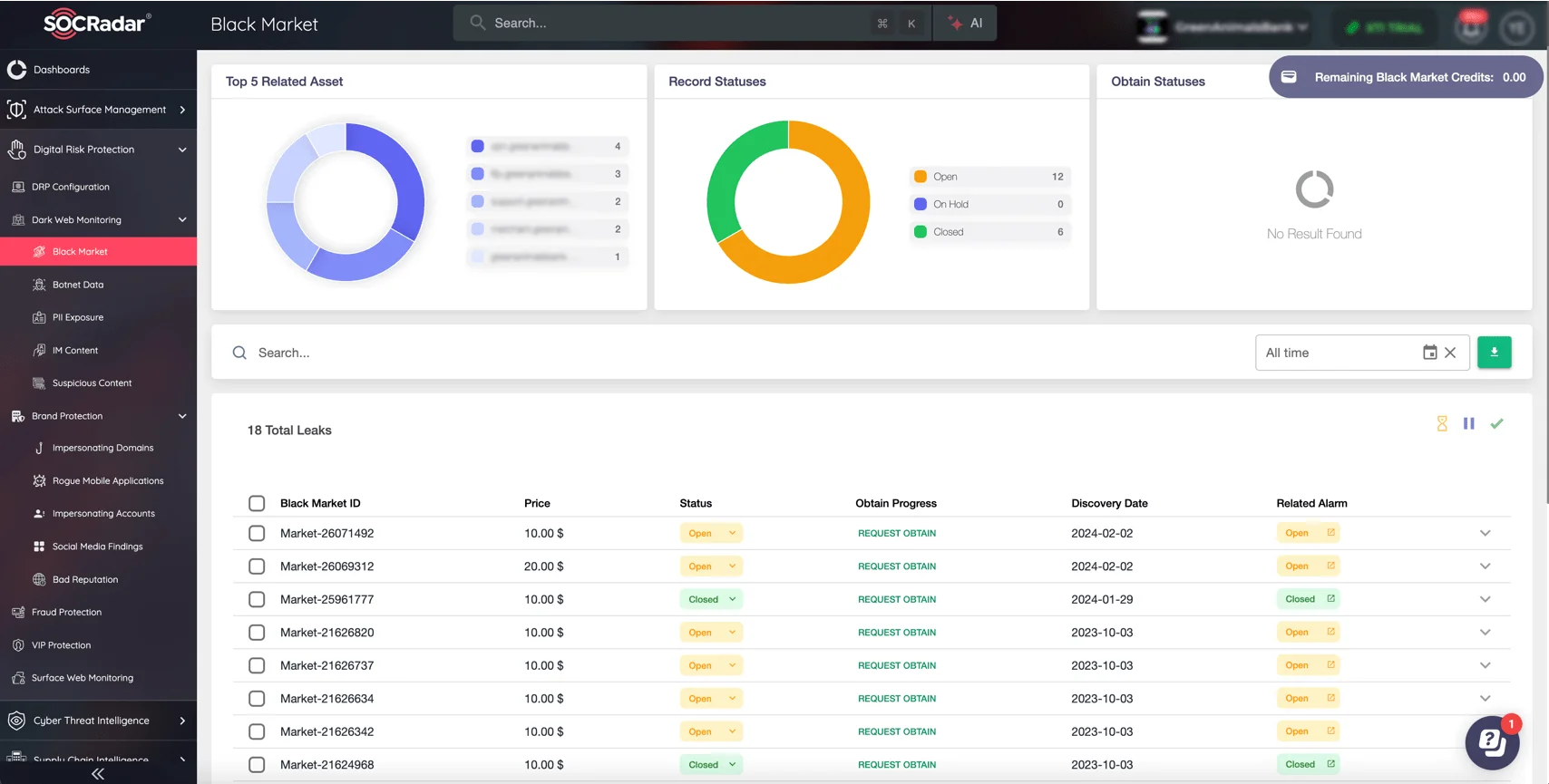
SOCRadar’s Advanced Dark Web Monitoring module
Digital Risk Protection:
- Monitors multiple internet sources such as social media, code repositories, and app marketplaces,
- Detects and eliminates risks to your digital assets,
- Identifies exposed data across the internet to minimize vulnerabilities,
- Provides early warnings and integrated takedown capabilities for potential threats targeting you, your employees, and your brand.
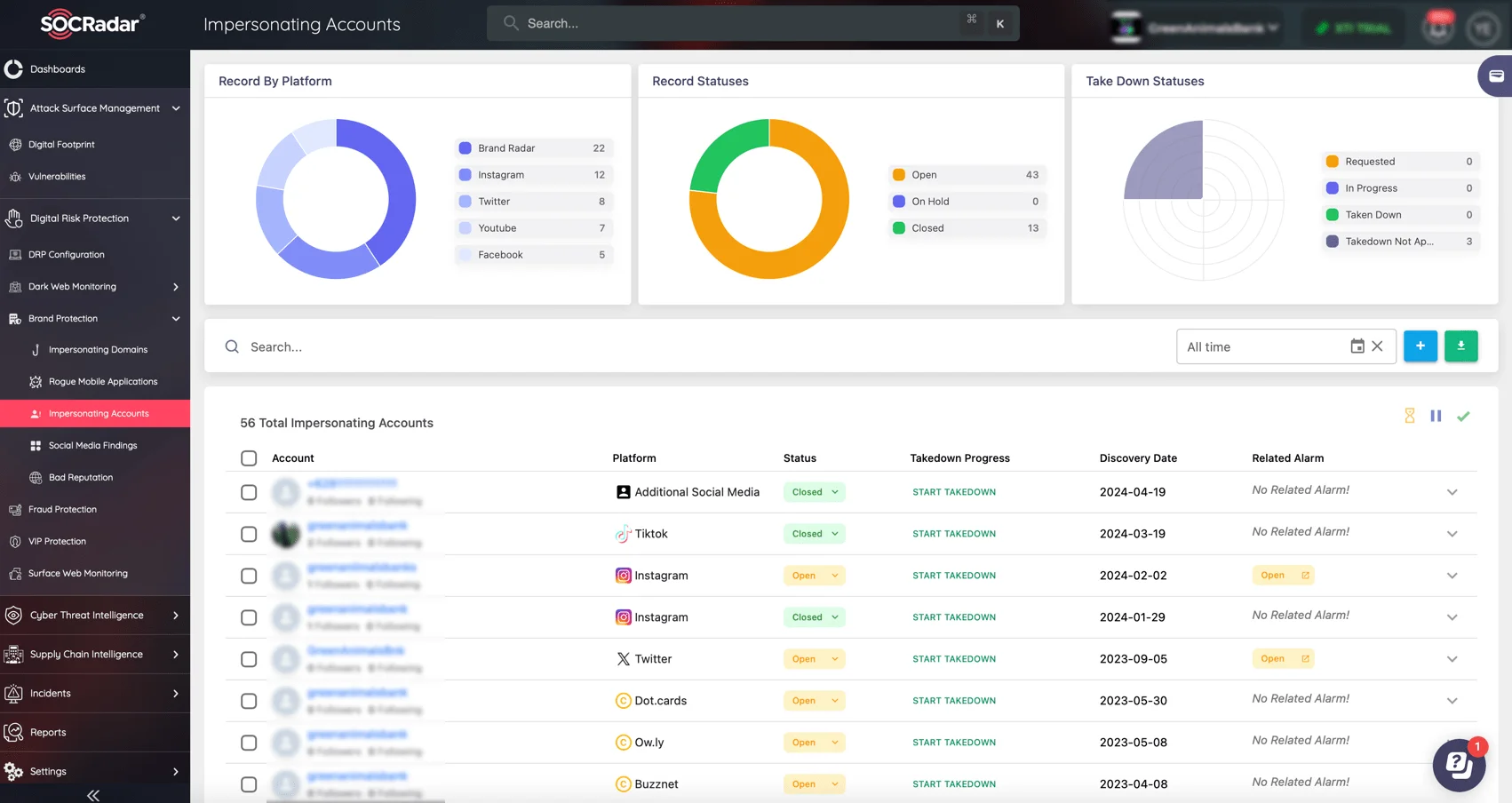
Track and takedown impersonating accounts, domains, and other threats with SOCRadar’s Brand Protection service, served under the Digital Risk Protection module
By using SOCRadar’s integrated capabilities, you can proactively protect your personal and company data. Get a free Dark Web Report to find out if your information has been exposed and learn what steps to take if it has. With SOCRadar’s advanced monitoring and protection tools, you can stay one step ahead of emerging threats and secure your sensitive data.






























